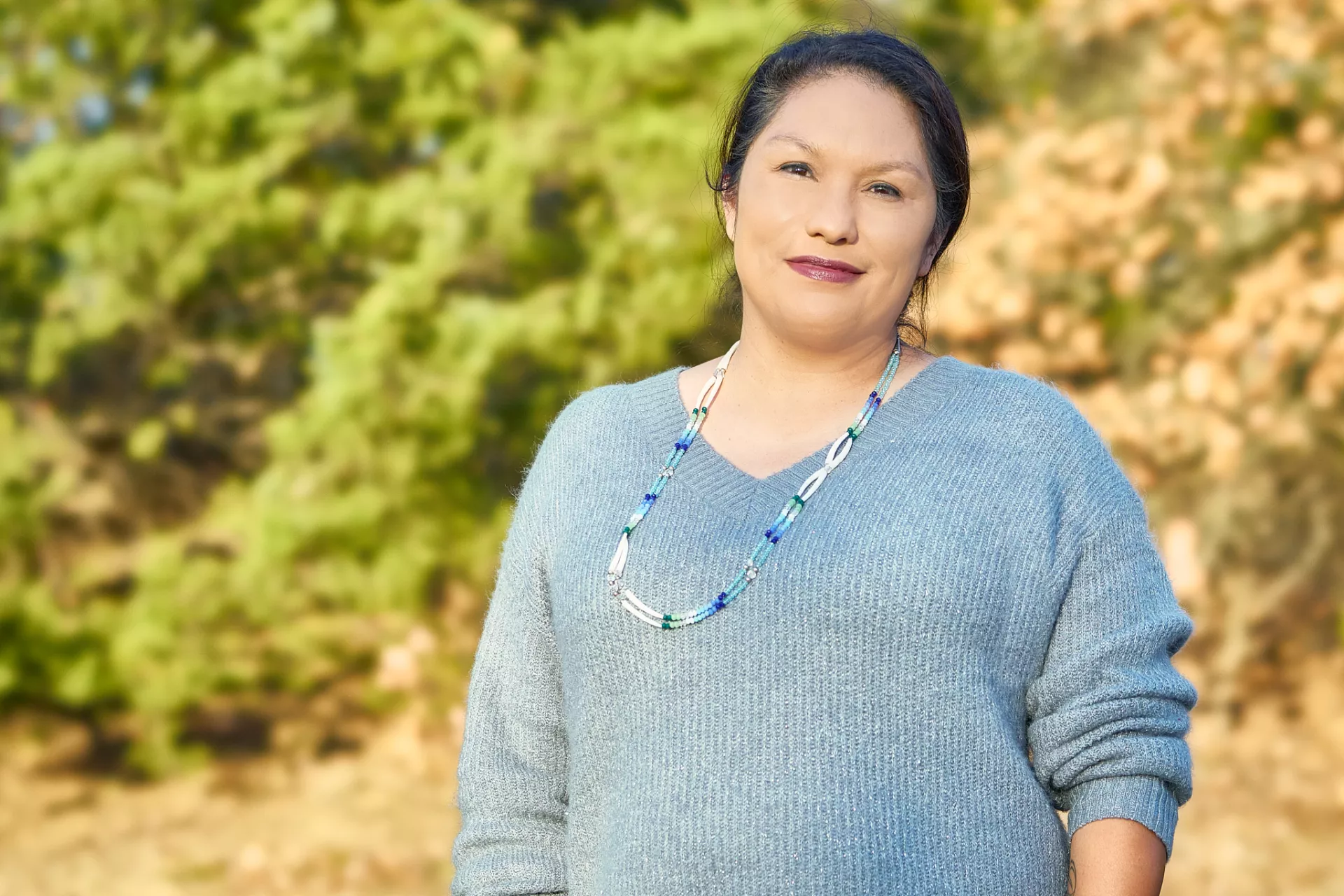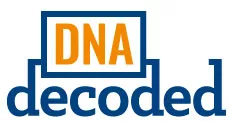Most Americans are unaware that a Native American was a heartbeat away from serving as president of the United States, or that Native Americans were not granted American citizenship until 1926, or that it wasn’t until 1972 that federal law allowed tribes in the U.S. to teach their own languages.
Clearly, far too many Americans don’t know much about our country's indigenous people and what they do know is often based on stereotypes and fallacies. Even worse, our young generation of Native American students have been deprived of basking in the pride that their rich cultures so deserve. It is a history that is packed with valuable contributions: everything from how to form a democracy rooted in a desire for peace, to cultivating essential crops that are still crucial today, to ending a World War through the use of their language.
As the Indian Education Coordinator for 77 counties in Oklahoma and a Native American myself, I believe it is essential that all American school children learn the truth of Native American history. I was fortunate that I had elders who taught me about our culture. Still, when I was a third grader in Oklahoma, I sheepishly joined the rest of my peers in re-creating a Land Run in which kids would scatter across the playground and lay claim to a piece of land as their homestead. I knew the truth: The land that was being claimed was actually Indian land. I remember, one Native student – a youngster named William – didn’t want to have anything to do with the silliness and, with warpaint on his face, watched the spectacle from a distance.
To be sure, some of the history is hard to hear and there are political forces that want to squash any history that doesn’t fit with “American Exceptionalism” or that falls under the umbrella of “multiculturalism.”
After two years of having the privilege of serving as the program’s coordinator, I see that people are understanding the need for the program. The school community – administrators, teachers, parents, and students – now understand why a paragraph about Native Americans in a history book isn’t going to cut it and why it’s important to validate the contributions of the Indigenous.
I’m proud that the NEA is committed both to having students learn different perspectives and to instilling pride in cultures that have far too often been ignored or portrayed incorrectly. Not a day goes by that I don’t miss being in the classroom, but I am grateful that in my role as the coordinator for Indian Education in Oklahoma, I can influence a greater audience. Personally, I’d love to see a lot more students emulate my third grade friend William, a child who knew his culture and wasn’t afraid to take a stand.


